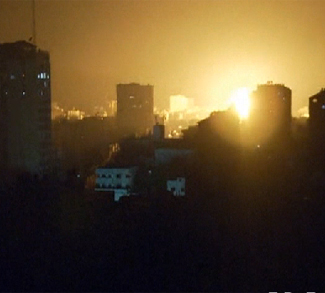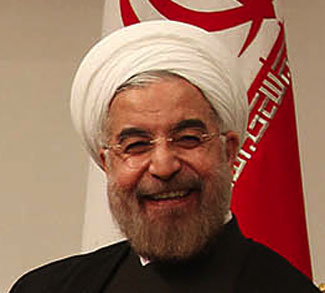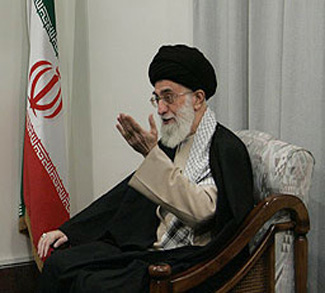Just few weeks before the beginning of the Operation Pillar of Defense, the emir of Qatar became the first head of state to officially visit the Palestinian enclave of Gaza, ending more than five years of diplomatic isolation for Hamas- since the Hamas-Fatah conflict broke out. This visit represents a new set of challenges for Palestinian unity and for the region’s geopolitical equilibrium as well.
The emir’s visit is part of a wider Qatari policy to raise the country’s international profile by way of its sizable fiscal resources. Doha has indeed opened its wallet, vowing $250 million earlier this year- a sum that was increased to $400 million upon the emir’s arrival in Gaza. Though such a sum of money will be seen as important by the government in Gaza, it is markedly less so for Doha.
Last year, Qatar became one of the fastest growing economies in the Middle East thanks to its large natural gas and oil reserves.
Money is not the most important point of Sheik Hamad Bin Khalifa Al-Thani’s trip. The emir’s visit has to be seen in a wider context: by breaking Hamas’ isolation and the de-facto recognition of its leadership in Gaza, Doha has strengthened the militant group against its West Bank counterpart- Fatah- threatening to deepen the estrangement between the two political factions. Hamas can now count on Qatari money and, as events have recently shown, Egyptian support in the diplomatic realm. Consequently, the potential for peace with Tel Aviv will be adversely affected as the idea of two-party peace talks becomes less and less realistic.
This new diplomatic spring between Egypt and Hamas began as soon as Mohammed Morsi won the presidential elections in June this year; since then the regime has adopted a sympathetic stance toward Hamas – an offshoot of the Muslim Brotherhood. Morsi has thus allowed Sheik Hamad into the Gaza Strip, a passage that former Egyptian President Hosni Mubarak- a staunch ally of Israel- would never have approved.
Even from the Israeli point of view- at least in terms of security outlook- it would be better to have a Qatar-controlled Gaza than have it under the influence of Tehran. Israel, together with the Palestinian Authority, seems to view this new embrace of Gaza by Qatar with distress. It should be stressed however that despite those concerns Iran seems to be the main loser in this dynamic, even if the country it is still deeply involved with Hamas, as it demonstrated recently by sending military aid to Gaza in response to the Israeli Operation Pillar of Defense.
The aim of the Qatari leader’s visit is part of a larger Qatari policy to reorient Iranian alliances in the Middle East and to win Hamas over to the side of the pro-Western countries like Egypt, Turkey and Saudi Arabia, a move that would reshape the regional geopolitical equation, sealing off Iran in the Near East (with the likely exception of Shiite Hezbollah). This new policy is most apparent in Syria, where Qatar is supporting the insurgency, but Qatar’s new activism is evident in Gaza as well, where Doha has likely decided to take action precisely because of the Hamas break from Iran, which came to the surface when Hamas refused to take sides in the Syrian civil war due to its principle of non-intervention in the internal affairs of other Arab states, putting the strong Iran-Hamas alliance in jeopardy.
Regardless of the outcome, it is clear that Al-Thani’s trip has met with success; the Qatari head of state has indeed been able to break the diplomatic isolation of Gaza proposing his country as a reliable partner for the economic and political rebuilding of the Gaza Strip.




